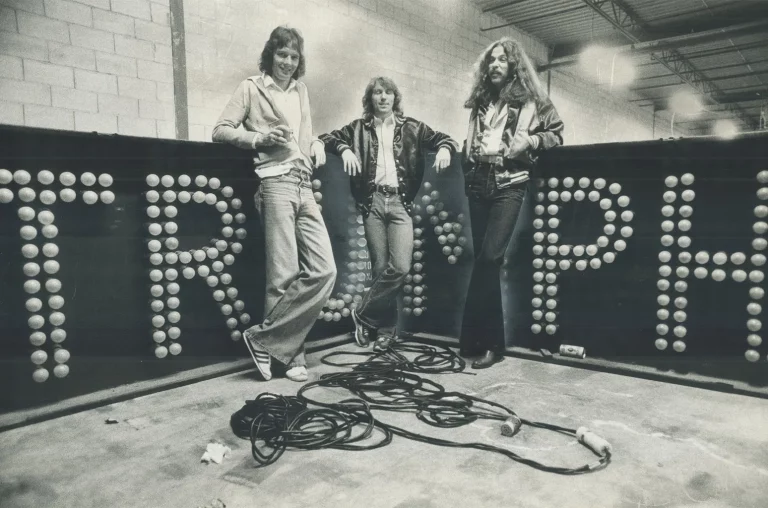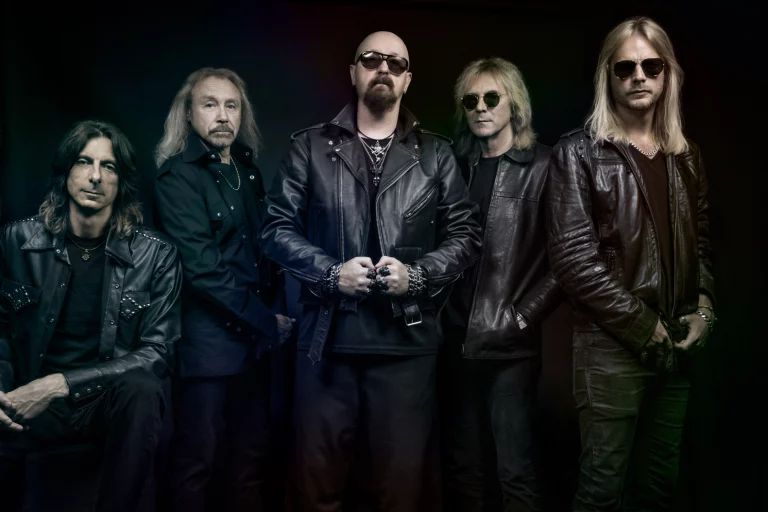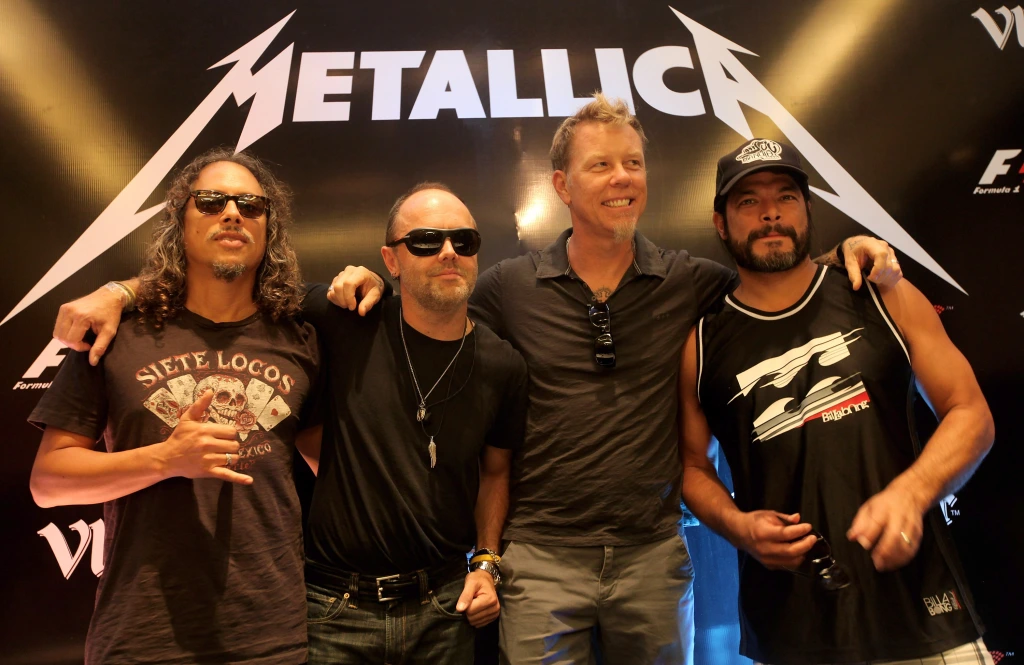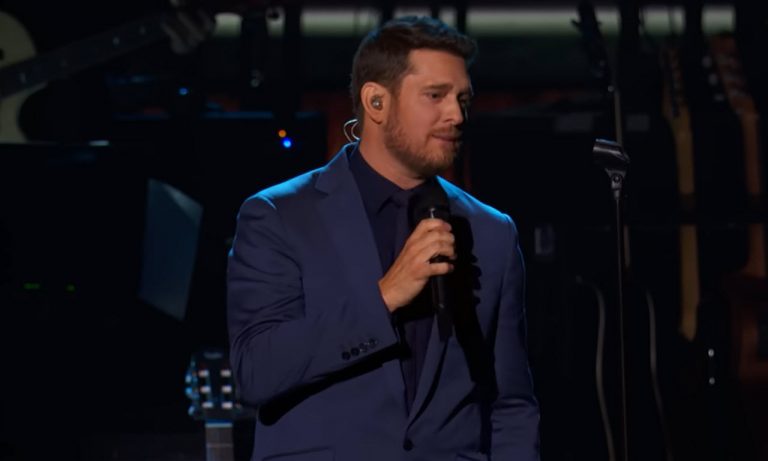Fifteen years after they first made magic together, Bon Jovi and Jennifer Nettles are back — and their message is as powerful as ever.
In 2006, they soared to the top of the charts with “Who Says You Can’t Go Home,” a track that blended Bon Jovi’s rock heart with Jennifer Nettles’ soulful country spirit, proving music has no borders when it comes to hope. Now, the duo reunites for a reimagined country version of Bon Jovi’s song “Do What You Can,” bringing a renewed spirit of resilience to a world that’s been through so much.
“Do What You Can” was born in the uncertain early days of the pandemic, when Jon Bon Jovi’s wife, Dorothea, snapped a candid photo of him volunteering at their JBJ Soul Kitchen in New Jersey. She posted it online with the caption, “If you can’t do what you do… do what you can.” Those simple words sparked Jon’s creativity, and by the next day, he had crafted a song that would become an anthem for perseverance and community in the face of chaos.
Now, with Jennifer Nettles’ unmistakable voice joining in, the song finds a new life, expanding its reach with warmth and country soul. The duo also released a heartfelt music video honoring everyday heroes — healthcare workers, grocery clerks, delivery drivers, and neighbors who stepped up when the world needed them most.
Jon Bon Jovi shared his gratitude for Nettles in a statement, recalling how her powerful voice helped propel “Who Says You Can’t Go Home” to #1 on the country charts in 2005. “Jennifer brought that message to life back then, and I knew she was the right voice to carry this one too,” Jon said.
For Jennifer Nettles, who won hearts worldwide as the frontwoman of Sugarland, this collaboration is deeply personal. “Working with Bon Jovi back then was a turning point in my career,” she reflected. “That song opened so many doors and changed my life in beautiful ways. To return to this partnership with ‘Do What You Can’ feels like a full-circle moment I’ll cherish forever.”
Jennifer even added a playful note, saying, “Maybe we should call this one ‘Duet What You Can.’”
On her social media, Nettles shared a clip of their first duet, writing, “Fifteen years ago, I stood beside one of my musical heroes. It was a dream come true. Getting to sing together again now is another gift I’ll never forget.”
“Do What You Can” will also feature on Bon Jovi’s upcoming album 2020, set for release next month, bringing this message of community and hope to a wider audience ready to move forward.
In a world that often feels divided and heavy, seeing artists like Bon Jovi and Jennifer Nettles come together again is a reminder that music still has the power to unite us, heal us, and push us to keep going — no matter what challenges come our way.










